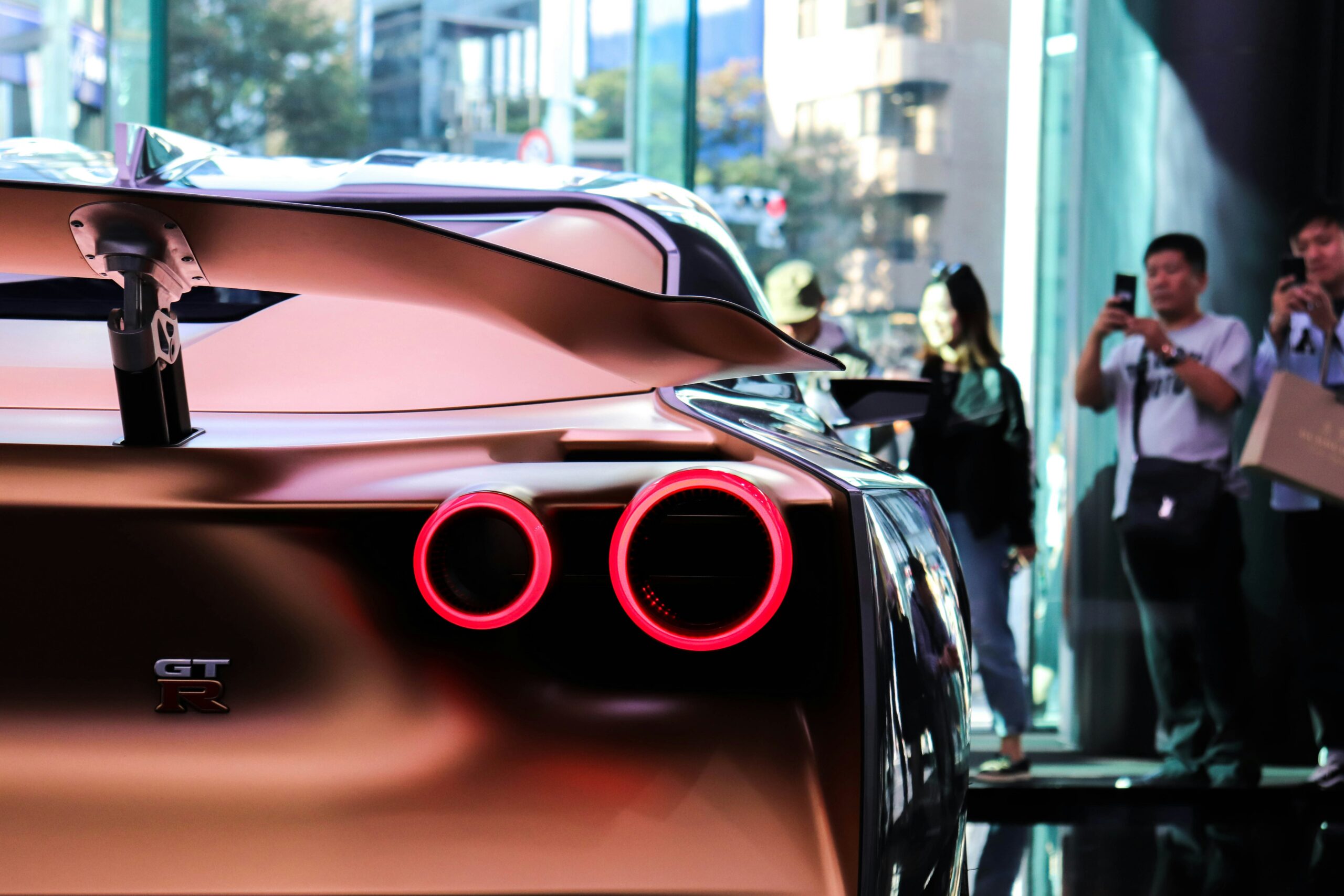In a world where automotive giants continuously evolve to meet the demands of electrification, sustainability, and innovation, a potential Honda–Nissan merger is making headlines. While these two Japanese titans have been known for their competitive spirit, a merger could signal a revolutionary shift in the global automotive landscape.
Let’s explore the implications of such a collaboration, what it could mean for the industry, and how the combined strengths of Honda and Nissan could redefine the future of mobility.
Table of Contents
Why a Honda-Nissan Merger Makes Sense
- Shared Challenges in the Industry
Both Honda and Nissan face common hurdles:- Transitioning to electric vehicles (EVs) amid stricter global emission norms.
- Increased competition from EV-focused companies like Tesla and BYD.
- Rising costs of research and development (R&D) for next-generation technologies such as autonomous driving, solid-state batteries, and connectivity.
- Complementary Strengths
- Honda is renowned for its engineering excellence, particularly in hybrid technology and internal combustion engines (ICE).
- Nissan has been a pioneer in EVs with the globally successful Leaf and its advanced e-Power hybrid systems.
- Economies of Scale
Combining manufacturing, logistics, and procurement processes would lead to significant cost savings. Shared platforms and components could also streamline production, allowing both brands to offer competitive pricing without compromising quality. - Expanding Global Footprint
Together, Honda and Nissan could strengthen their presence in key markets such as:- North America: Leveraging Honda’s popularity with sedans and crossovers.
- Europe: Utilizing Nissan’s foothold in EVs and urban vehicles.
- Asia: Dominating with affordable, fuel-efficient cars tailored for emerging markets.
What a Honda-Nissan Merger Could Mean for Consumers
- Innovative Vehicle Line-Up
A merger could result in cars that combine Honda’s reliability and Nissan’s cutting-edge technology. Imagine a car with:- Honda’s legendary engine reliability.
- Nissan’s advanced ProPILOT driver-assistance systems.
- An affordable price tag due to shared development costs.
- Faster Transition to EVs
With Honda’s announcement to go fully electric by 2040 and Nissan’s ambitious EV roadmaps, a merger could accelerate the development of new EVs and make them accessible to a broader audience. - Enhanced After-Sales Services
A larger network of service centers, shared expertise, and streamlined operations could mean better service experiences and reduced maintenance costs for consumers.
Potential Challenges of the Merger
- Cultural Differences
Despite being Japanese companies, Honda and Nissan have distinct corporate cultures. Honda is known for its conservative and engineering-driven approach, while Nissan, particularly after its alliance with Renault, has embraced a more globalized and cost-focused strategy. Aligning these cultures will require careful management. - Brand Identity
Maintaining separate brand identities will be crucial. Honda’s reputation for dependability and Nissan’s tech-savvy image appeal to different consumer bases. The challenge will be to merge resources without diluting their unique brand values. - Regulatory Approvals
A merger of this scale would likely face scrutiny from regulators worldwide to ensure it doesn’t lead to monopolistic practices or reduced competition in key markets.
The Future of Mobility with Honda-Nissan
If Honda and Nissan successfully merge, they could become a global powerhouse capable of competing not just with traditional automakers but also with tech-driven companies entering the auto space. Key focus areas for the merged entity could include:
- Solid-State Batteries: Combining their R&D could accelerate breakthroughs in battery technology, improving EV range and reducing costs.
- Autonomous Driving: By pooling expertise, they could make significant strides in self-driving technology.
- Sustainable Mobility: Joint ventures in hydrogen fuel cells and renewable energy integration could position them as leaders in green transportation.
Conclusion: A Partnership to Watch
While the idea of a Honda-Nissan merger is still speculative, the potential benefits for both companies and consumers are undeniable. By leveraging their strengths and addressing their weaknesses together, Honda and Nissan could not only navigate the challenges of the modern automotive world but also set new benchmarks for innovation and sustainability.
For car enthusiasts and industry watchers alike, this is a collaboration that could reshape the way we drive and think about mobility. Let’s keep an eye on how this story unfolds!
What do you think about a potential Honda-Nissan merger? Would it create the ultimate automotive powerhouse or face insurmountable challenges? Share your thoughts below!
You can find more Automobile content:
https://allinsightlab.com/category/automobiles/

